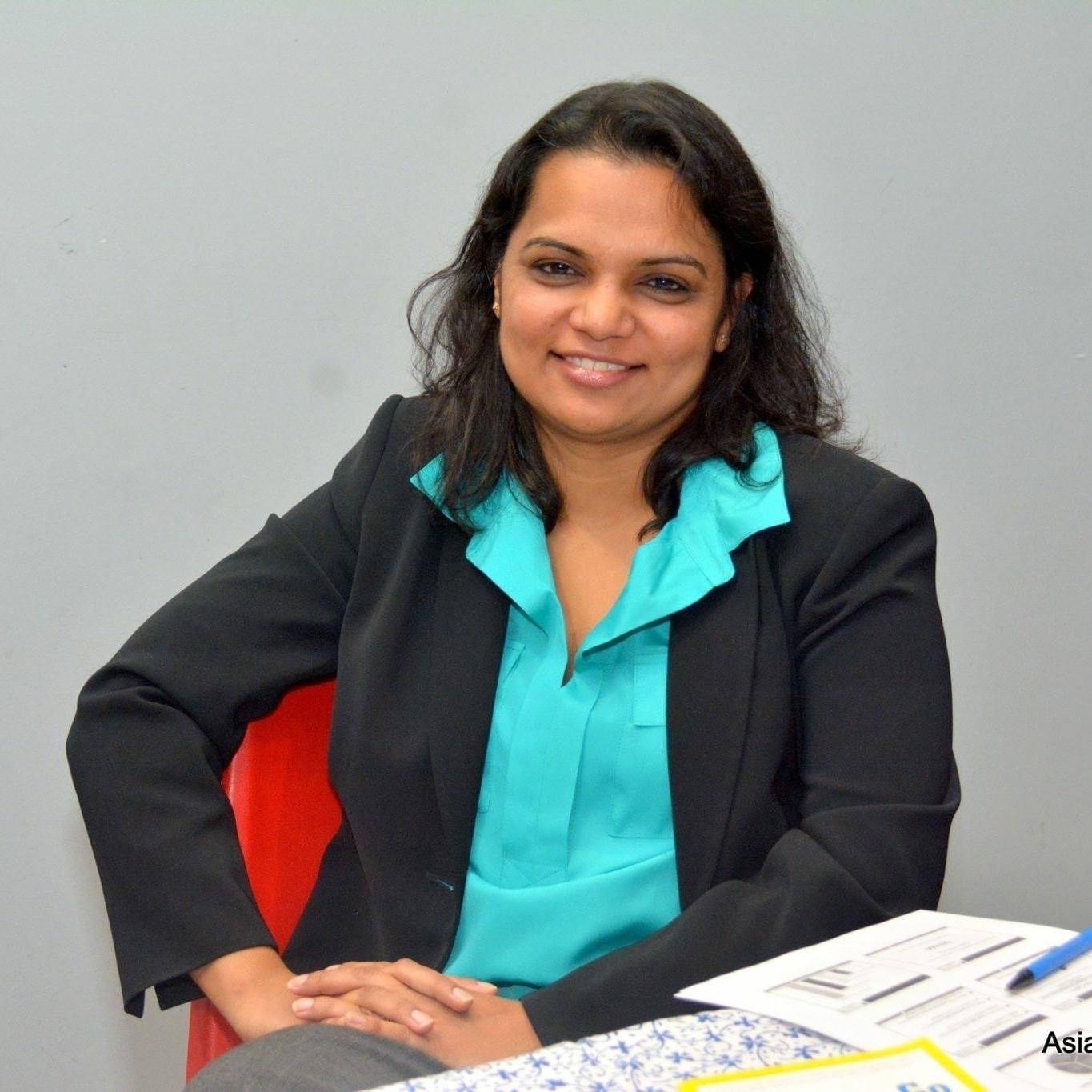ChatGPT is getting lots of attention because it may change education. Here's how we think ChatGPT might affect the college admissions process and essays.
Everyone is talking about how artificial intelligence may shape education, and in particular the (in)famous college admissions essay, aka the personal statement or Common App essay. Admissions officers are testing out the new software while being tested on whether they can tell what was written by AI and what was written by actual students. They are researching tools that may help them figure out what’s what. Most are also thinking about what alternatives to writing they can use in the admissions process that can still showcase a student’s values, voice, and unique stories. As a college counselor who supports students with their applications, I often help students brainstorm and edit essays. I have been reading all the news and opinions on this topic because it will impact the students I see. While we don’t know what decisions Admissions Officers will make, here are a few possibilities.
Anti-Plagiarism Software May Expand
Many schools already use software in the admissions process, so they may add to those efforts by adding ChatGPT scanning software. The University of California system has been using anti-plagiarism software for years now. Professors and high school teachers have access to similar software. Budding innovators, many of whom are students, have already created software to detect which essays are written by the bots. It may be easy for college admissions offices to use those detection mechanisms as part of the process. However, as time goes on, the AI software will get harder to detect, so the counter software will have to progress too.
Colleges May Implement New, More Detailed Honor Statements
Colleges may ask students to sign statements stating the application work is entirely their own. The Common App already has students sign multiple statements attesting that the work is their own and they have been honest in the factual details of their applications. Many schools, like UVA and military academies, have long standing honor codes which students must agree to. Violations of these honor codes are significant. Other schools, like the University of Chicago, spend time in first-year classrooms reading and discussing work like Charles Lipson’s Doing Honest Work so everyone is clear about what might constitute an ethics violation. Admissions offices could adopt these expanding honor codes as part of the application, especially if they get buy-in from high school teachers and counselors. Honor codes seem to work best when entire communities believe in them and discuss them together.
Timed Hand-Written Proctored Essays Could Be Introduced
Schools could ask students to sit for tests at their high school or on college campuses. While the SAT has done away with the added essay section, the ACT has not yet, and the SAT could add that section back in too. Sitting for a hand-written, timed, proctored test would eliminate the possibility of getting additional help through AI. It would, of course, add significant time and money to the process for required proctors and essay scorers. (Side note: we used to write out exams in Blue Books which were simply lined stapled sheets of paper specially made for exams, but College Board recently coopted that term with their new digital software platform for the SAT.)
The Essay Might Be Replaced
Colleges could change the application criteria and replace the essay with something else, like a video interview. Initial View is already a popular platform used by international students and admissions officers to complement the process and ensure an applicant’s authenticity. Today’s students are used to watching and creating videos on their phones so video interviews could be a fairly easy way for them to showcase their personality.
Students Will Have to Dig Deeper
Students may be expected to incorporate more personality and voice into their essays. Right now, AI can’t provide the kind of details, emotions, and personality that great writers do. While AI can give some basic structure and language, its output is not as creative as individuals would be. We often tell students, it’s not what you write about, but rather how you write about it that makes an essay unique and memorable. Since AI can only replicate what’s already out there on the web, students can’t rely on using those basic essays; they need essays with more unique details. Readers can already sense when a bot has written an essay; it may be grammatically correct, but many readers can tell that the essay lacks a more personal quality and is written in a more formulaic way.
SAT/ACT Scores May Be Important Again
In a recent podcast, Sal Khan said the invention of the new ChatGPT software may make SAT and ACT scores more important again in the admissions process. Many colleges went test-optional during the pandemic, but testing is not as limited by health restrictions now and we’re seeing some schools, like MIT and Purdue, requiring testing again. This new software could increase the number of colleges reinstituting testing requirements because they know that testing is timed and proctored, and therefore the work of the applicant. (The new digital SAT format is also supposed to reduce cheating.)
It Won't Change Much
The vast majority of the 3500+ colleges in the US don't use essays in their admissions process. Data from the Common App, which about 1000 colleges use, shows that only about 470 ask for a personal statement. Of the schools that don’t use the Common App, it’s a little trickier to tell who might ask for an essay. However, we know that the vast majority of colleges accept the majority of students who apply and most just want to see the high school transcript. At the end of the day, even if a school does require an essay, the transcript is still the most important component in any application to determine if a student is college ready.
We Have No Idea
No one knew what the calculator or computer would do to change education. The same goes for ChatGPT. When calculators became mainstream, educators worried about how everyone would use them to teach. Nowadays, students are asked to show their work and given points for showing their conceptual knowledge. Math grades are not always about the correct final answer. The calculator changed education to make it more process-driven rather than results-oriented. Many say that this new AI software can be used to help students learn how to write better. As educators play with the software and test how students use it, they will also realize its limitations and new uses in the classroom.
However, while we can't predict the future, college counselors are always following the latest college admissions news to ensure they're staying up-to-date with any changes that take place. Working with an expert that knows college expectations ahead of time can make the process easier for families who may be concerned about how changes impact their applications.
About Us: With more than twenty years of experience, Collegewise counselors and tutors are at the forefront of the ever-evolving admissions landscape. Our work has always centered on you: the family. And just like we’ve always done, we look for ways for your student to be their best self - whether in the classroom, the applications, or in the right-fit college environment. Our range of counseling, test prep, academic tutoring, and essay management, all with the support of our proprietary platform, lead to 4x higher than average admissions rates.





